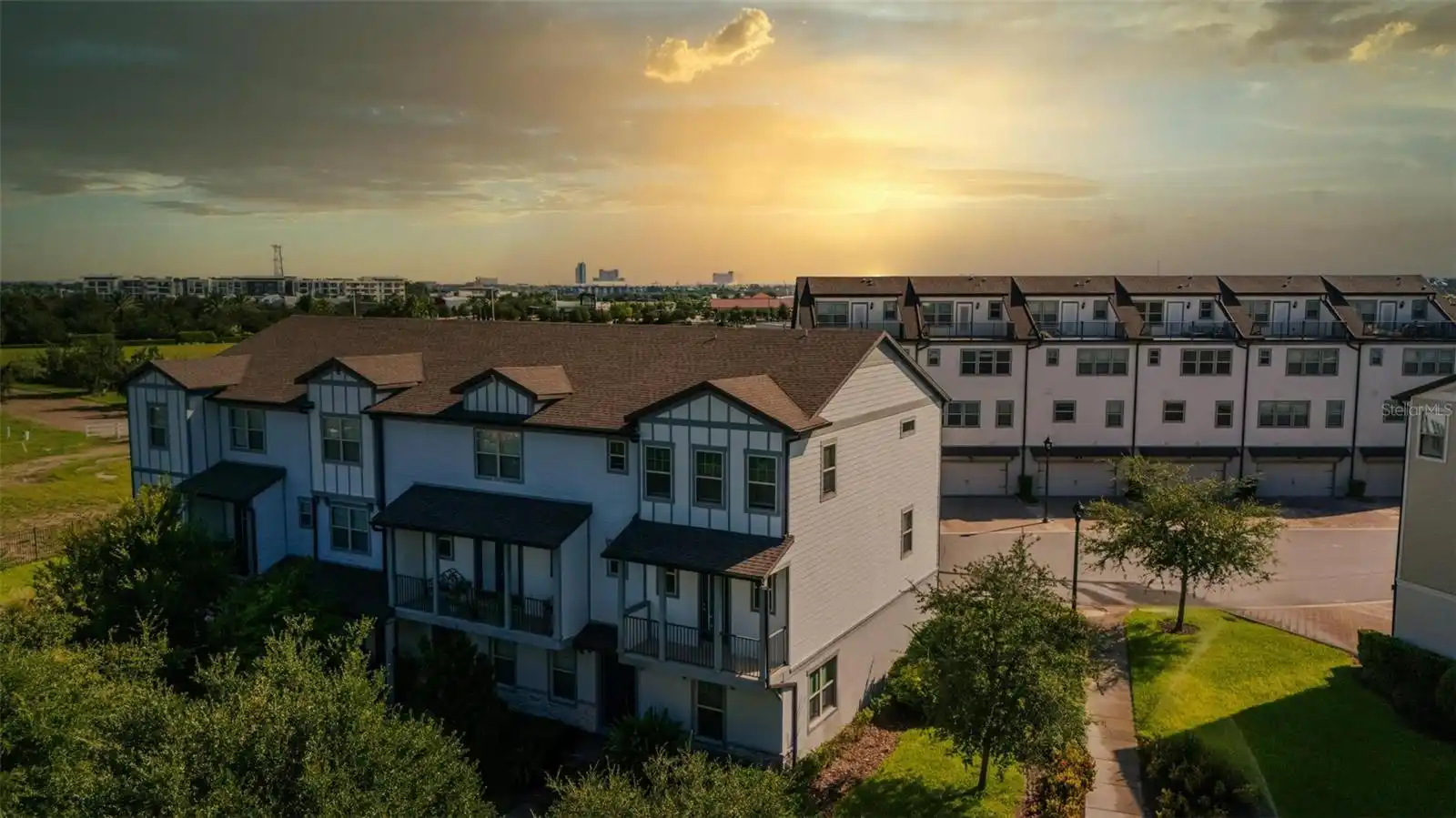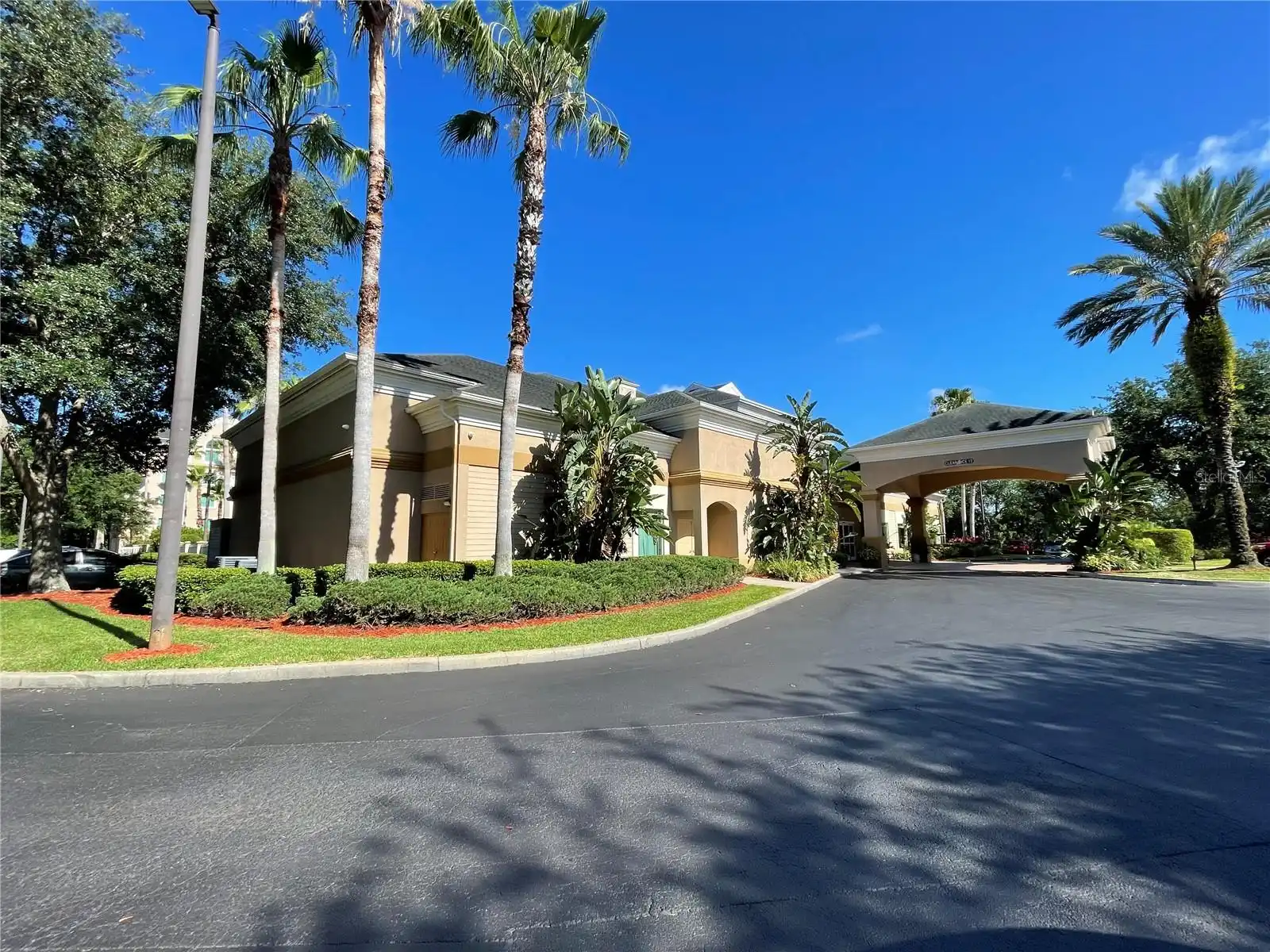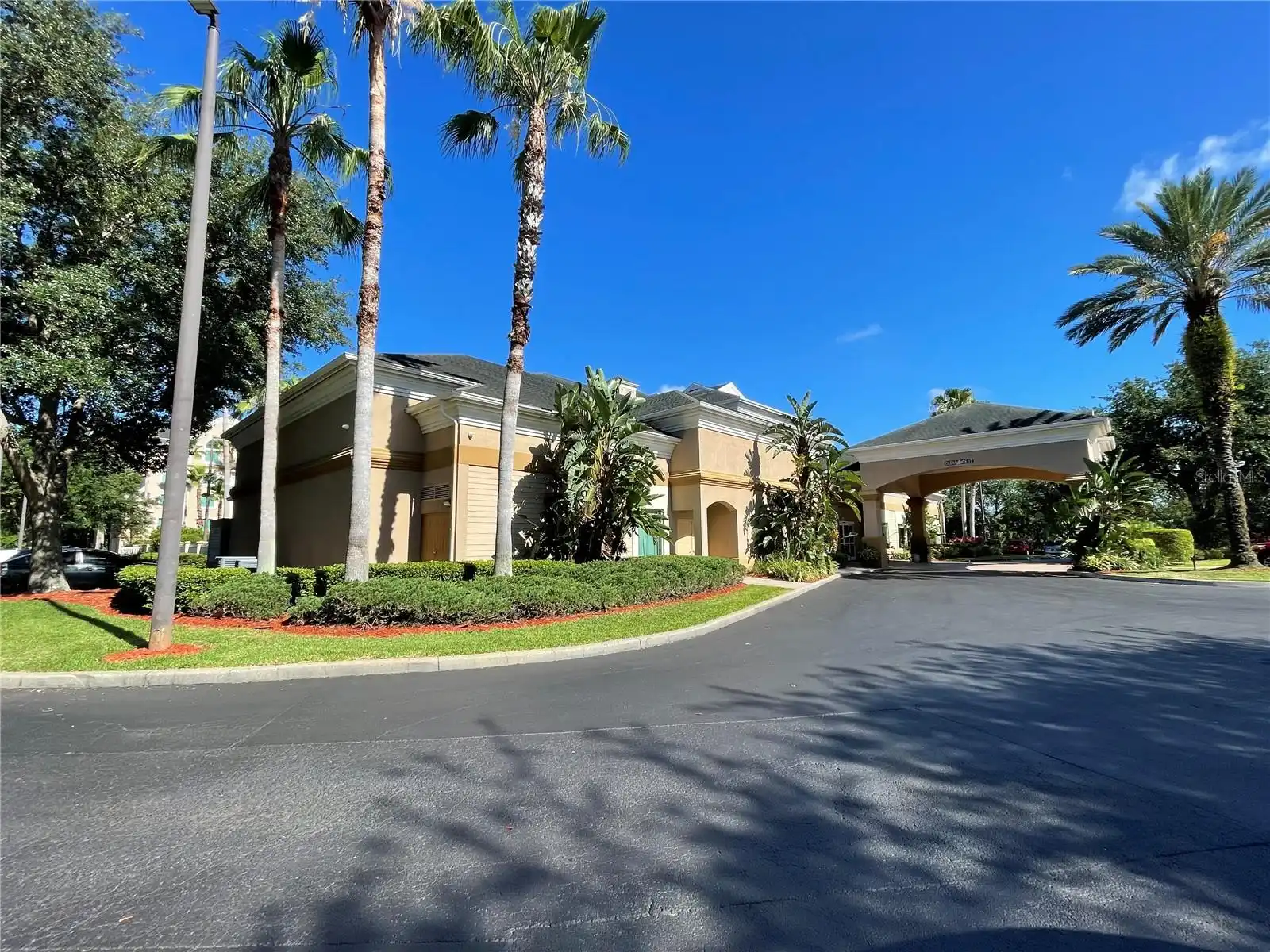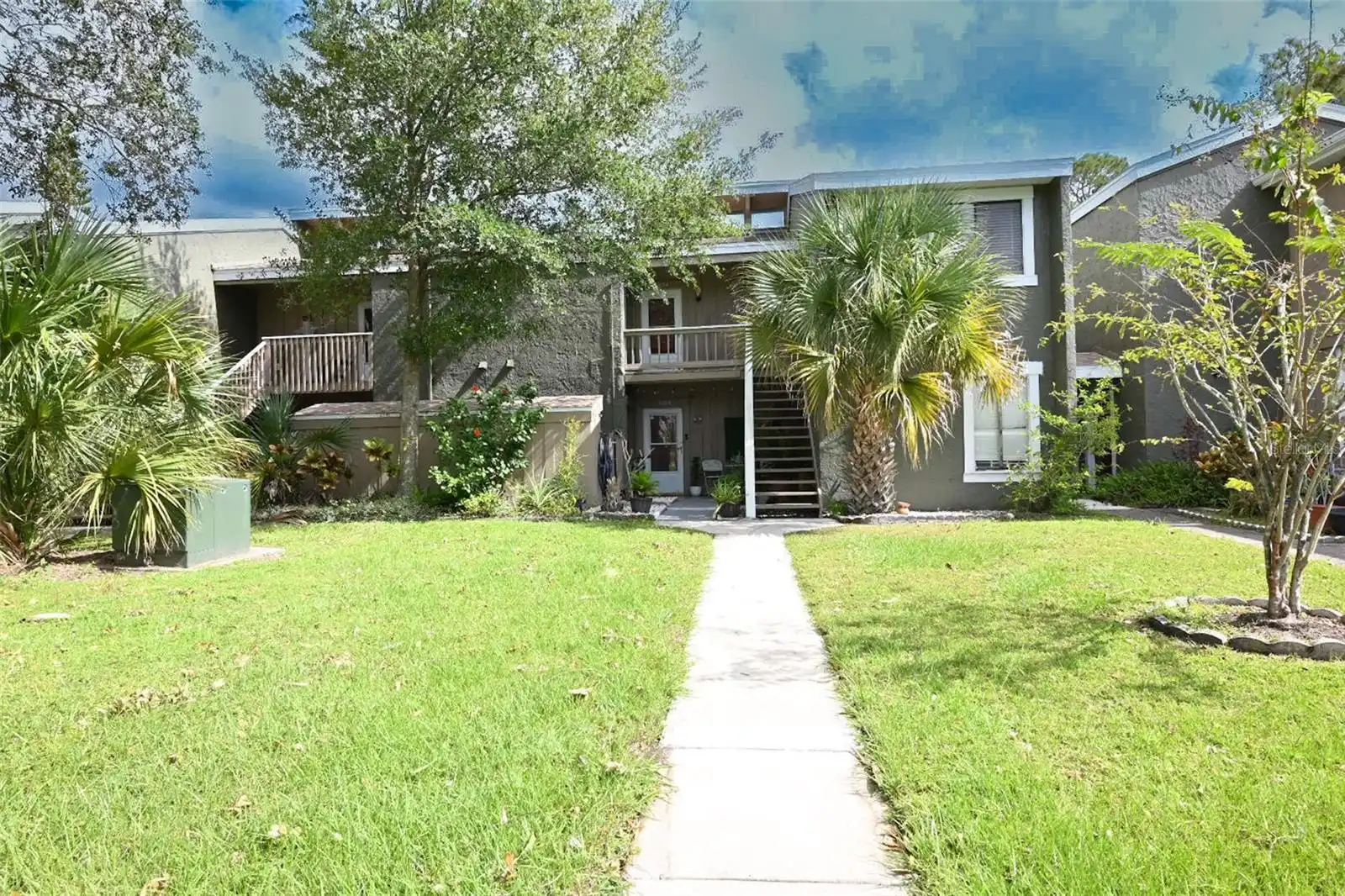ECONOMIC DECELERATION
Economic deceleration refers to a slowdown in the growth rate of the economy. It is characterized by a decrease in various economic indicators such as gross domestic products growth, employment rate, consumer spending and investment. Economic deceleration can be caused by various factors, such as decrease in consumer demand, global economic downturns, policy changes or natural disasters. During period of economic deceleration, businesses may experience reduced profits, job losses and decreased investment. Governments often implement measures to stimulate economic growth during such times.
CAUSES OF ECONOMIC DECELERATION
Decreased demand from consumers who reduce their spending on goods and services can lead to a slowdown in economic growth. Factors such as higher inflation, increased personal debt or uncertainty about the future can dampen consumer confidence and spending. Global economic turndowns can be triggered by global factors such as recession in major economies, financial crisis or trade disputes.
These external factors can impact a country's exports, investments and overall economic performance. Policy changes in government such as tightening or restrictive monetary policies can also contribute to economic deceleration. These measures are often implemented to control inflation or address other economic imbalances but can have short term negative effects on growth. Natural disasters such as earthquakes, hurricanes or floods can have a significant impact on our economy. They can disrupt production, destroy infrastructure and lead to decline in economic activity.
Hurricane and tropical storms can cause widespread damage to infrastructure, homes and businesses. This can disrupt transportation, communication, homes businesses and power supply. Tourism industry, agriculture and coastal regions can suffer long term effects from devastation caused by these storms.
Structural issues can also be caused by underlying structural issues within an economy. These may include issues such as an aging population, low productivity growth, inadequate infrastructure or lack of innovation and technological advancement.
Volcanic eruptions leads to evacuation of many communities, loss of agricultural land can cause a huge impact on the local economy. With the need of extensive cleanup and reconstruction efforts can be long lasting.
Wildfires can ravage forest, destroy homes and impact air quality. This impact can be significant. The costs associated with firefighting, property damage and loss of natural resources can have a long lasting effect on the local and regional economy. Lastly volcanic eruptions can lead to evacuation of many communities, destruction of infrastructure and disruption of air travel. The economic impact can be felt through the loss of agricultural land, decreased tourism and need for extensive cleanup and reconstruction efforts.
IN SUMMARY
It is important to note the severity and duration of the economic impact can vary depending on the magnitude of the natural disaster, preparedness and response of the affective region with resilience of the local economy.
All listing information is deemed reliable but not guaranteed and should be independently verified through personal inspection by appropriate professionals. Listings displayed on this website may be subject to prior sale or removal from sale; availability of any listing should always be independent verified. Listing information is provided for consumer personal, non-commercial use, solely to identify potential properties for potential purchase; all other use is strictly prohibited and may violate relevant federal and state law.
The source of the listing data is as follows:
Stellar MLS (updated 11/21/24 4:43 AM) |








